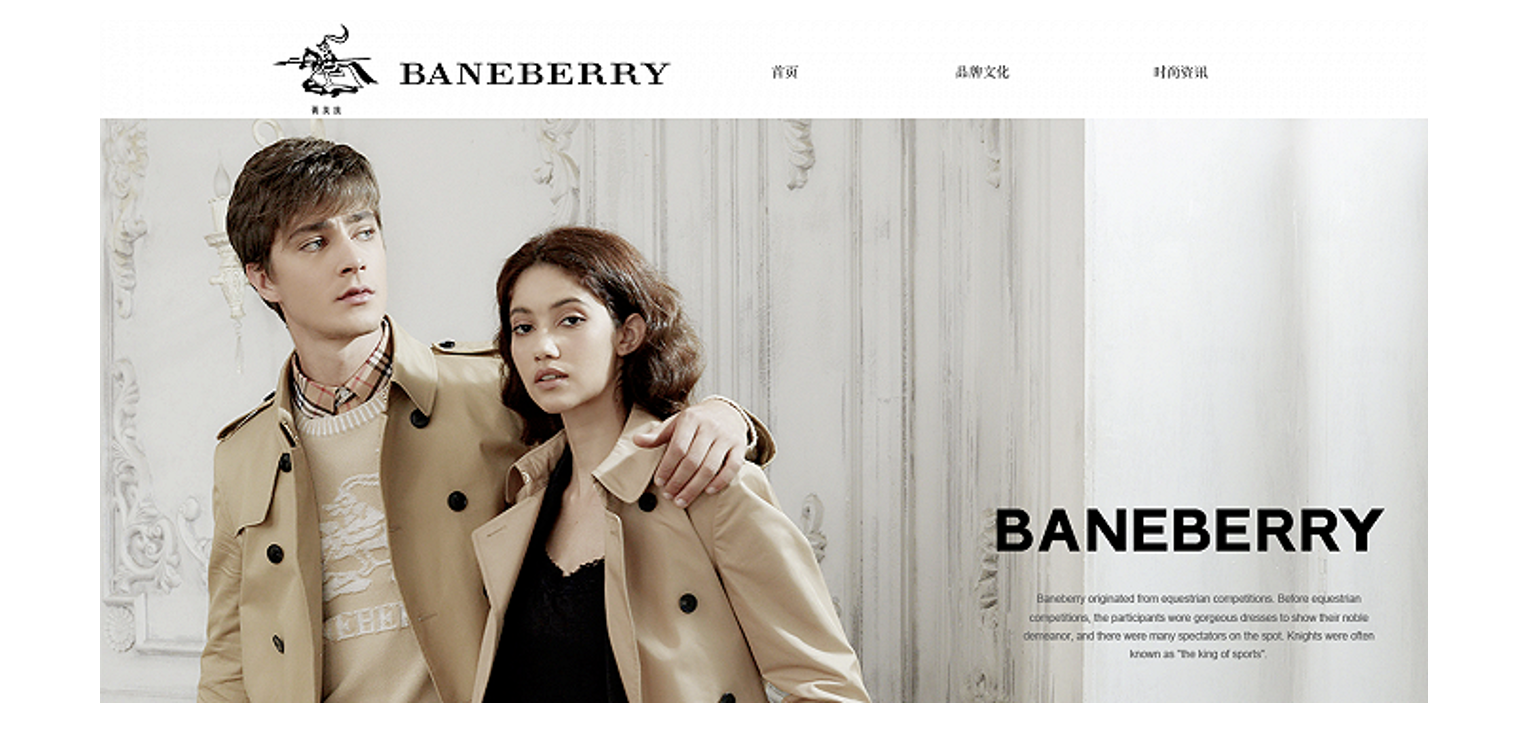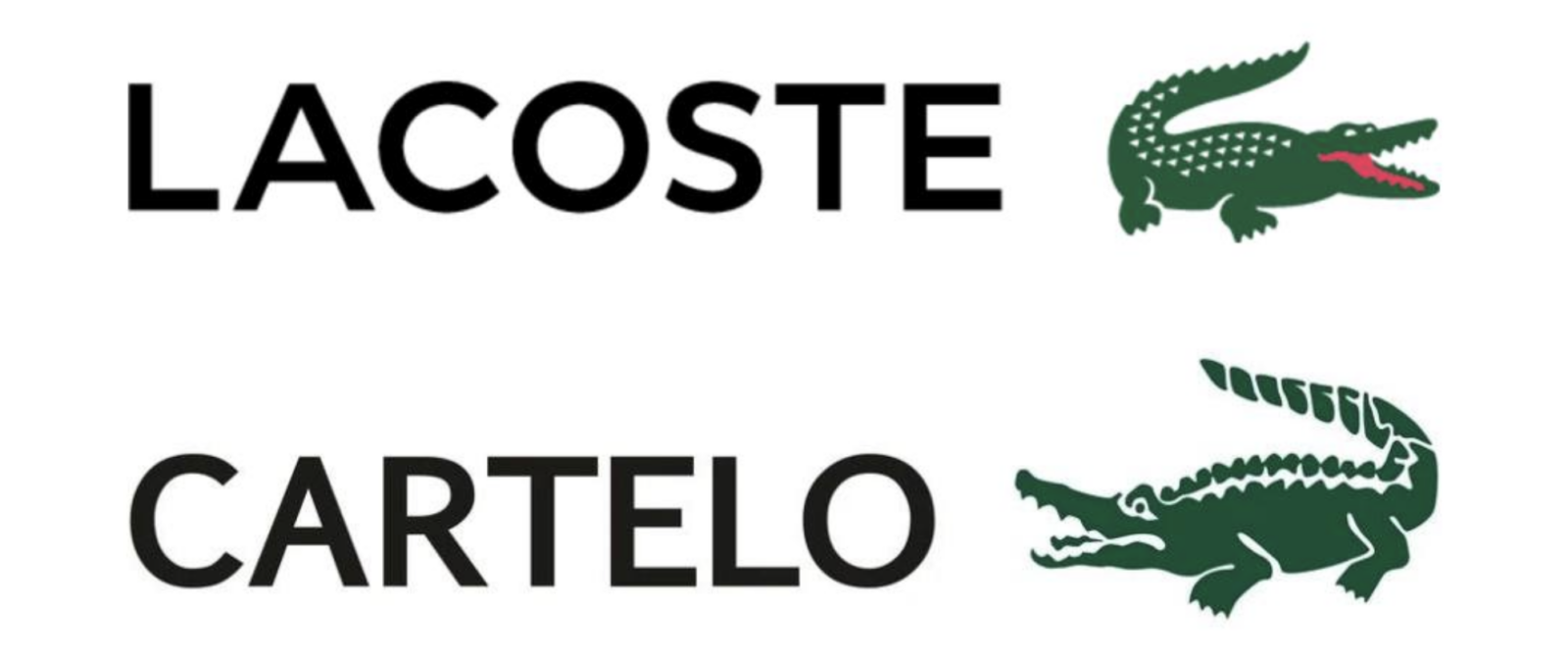Burberry made headlines this week thanks to its win in a trademark squabble in China. The British fashion brand prevailed in the trademark infringement and unfair competition case that it waged in China back in 2020, with a high court upholding a previously ordered injunction that blocks a “copycat” brand, Baneberry, from using a number of Burberry’s trademarks. As we reported this week, in a second-instance judgment, the Jiangsu Provincial High People’s Court recently affirmed a lower court’s award of injunctive relief that bars Xinboli Trading Shanghai from using Burberry’s check pattern mark, a logo that mimics Burberry’s equestrian knight mark, and the confusingly similar “Baneberry” word mark.
In addition to extending the duration of the injunction, the court awarded Burberry RMB 6 million ($831,255) in damages and granted “well known” status for the trademarks at issue, thereby, enabling Burberry to enjoy heightened protections for those marks.

Not the only recent win for Burberry in China, the Shanghai Jingan Procuratorate announced late last month that a party in the business of offering up counterfeit Burberry goods had been prosecuted, with the Shanghai No. 3 Intermediate People’s Court upholding an earlier judgment sentencing the defendant (referred to as Gong XX) to 5 years in prison and a 2 million RMB ($276,797) fine.
> This same court also recently affirmed a 9-year prison sentence for criminal copyright infringement (stemming from the manufacture and sale of copycat Lego sets), Schwegman Lundberg & Woessner’s Aaron Wininger told TFL, noting that Shanghai “seems to be becoming a preferred venue for foreign rights holders for enforcement of criminal IP laws.”
Looking beyond Shanghai and Burberry, a handful of other wins for non-native brands stand out …
Lacoste v. Cartelo: Lacoste, for one, nabbed a victory earlier this year when the Beijing Higher People’s Court held that Lacoste’s crocodile logo had achieved well-known status as early as 2006, long before Chinese apparel brand Cartelo started including a lookalike logo on its own wares. According to the court, Cartelo adopted a similar crocodile logo with the intent to piggyback on the Lacoste brand, and caused confusion among consumers, thereby, constituting trademark infringement.
In addition to ordering Cartelo and its parent company Nanji E-Commerce – which have been locked in legal battles with Lacoste for decades – to refrain from further infringing Lacoste’s logo, the Beijing Higher People’s Court awarded Lacoste 14.8 million RMB ($2.05 million) in damages. Pleased with the outcome, a representative for Lacoste said in a statement in April that the court’s decision “not only effectively protect[s] the legitimate rights and interests of Lacoste, but also demonstrate[s] the firm determination of Chinese judicial authorities to protect intellectual property rights.”

MTG v. Zhejiang Pusu Electric Co: Japanese cosmetic and beauty-device maker MTG prevailed in a trademark case that centered on its ReFa brand, under which it sells facial rollers and hair dryers. Faced with trademark squatters in the Chinese market, MGT filed a trademark infringement and unfair competition suit against Zhejiang Pusu Electric Co. and a number of other parties (the “defendants”) in 2023, pointing to the applications for registration that they began filing in 2014 for trademarks that are identical or similar to its “ReFa” marks across more than a dozen classes of goods/services.
Siding with MGT in a decision in December 2023, the Ningbo Jinzhou District Court held that the defendants’ conduct amounted to unfair competition. In addition to injunctive relief to bar defendants from continuing to file applications for marks that mirror MTG’s marks and to withdraw/abandon all marks that were already registered or awaiting examination, the court awarded MGT 650,000 RMB ($90,000) as a result of the defendants’ “bad faith [acts] and the scope of their infringement.”
The outcome is particularly striking, according to MTG’s counsel Ming Xingnan, who said that a Chinese court revoking trademark rights on the grounds of unfair competition is “unprecedented.” However, this course of action – namely, the reliance on unfair competition as a way to invalidate bad faith trademark registrations – may “become a new solution for companies worried about bad-faith trademarks.”
Moncler v. Quanzhou Yuan Lai Yu Li Internet Tech: Moncler prevailed in a counterfeiting-centric case in China late last year. In November, the Hangzhou Intermediate People’s Court upheld an earlier decision from Zhejiang High Court, which awarded the Italian outerwear brand 4.7 million RMB ($650,447) in damages in connection with the defendants’ manufacture and sale of items bearing key Moncler design elements, including its stylized M logo and “distinctive blue and red color palette,” as well as the “Mengking” word mark.
To address the defendants’ infringement, counsel for Moncler initiated proceedings before the China National Intellectual Property Administration to invalidate the defendants’ trademark registrations and filed suit, seeking injunctive relief and monetary damages.
It is worth noting that the case is one part of a larger effort by Moncler to stomp out counterfeits and other infringing goods in the Chinese market. In connection with its win, Moncler revealed that in 2023, alone, it “intercepted almost 81,000 online auctions of counterfeit products, closed almost 300 sites where counterfeit garments were offered for sale, delisted from search engines about 23,000 pages that referred to non-authentic products, and removed about 87,000 sponsored posts, accounts, and ads from the main social networks.”
Moncler also “managed approximately 3,000 seizures, which led to the removal from the market of approximately 145,000 finished products and over 130,000 counterfeit accessories and branded items.”